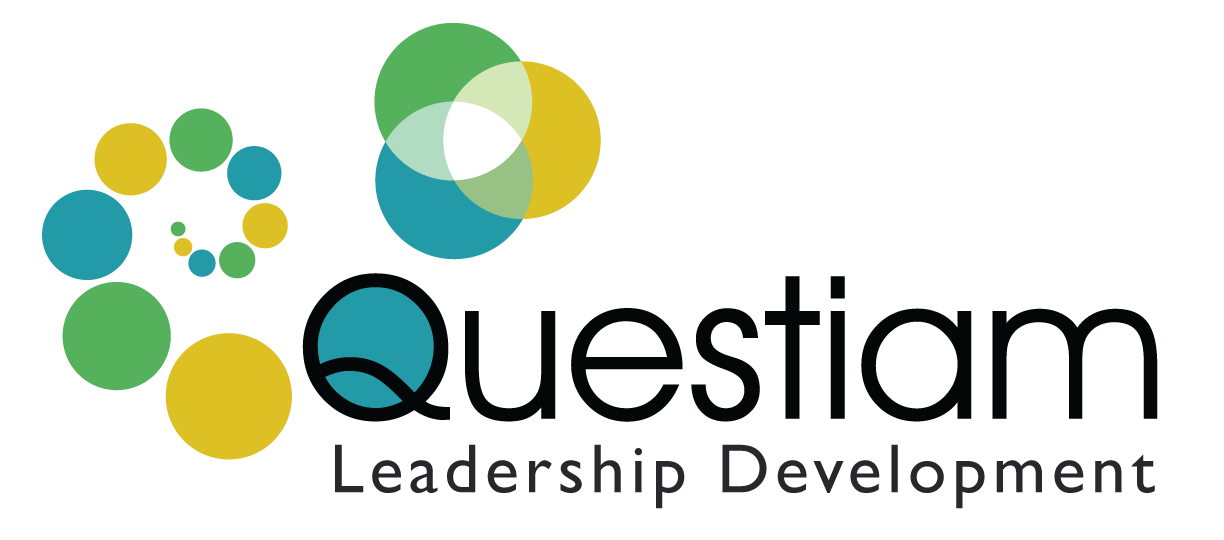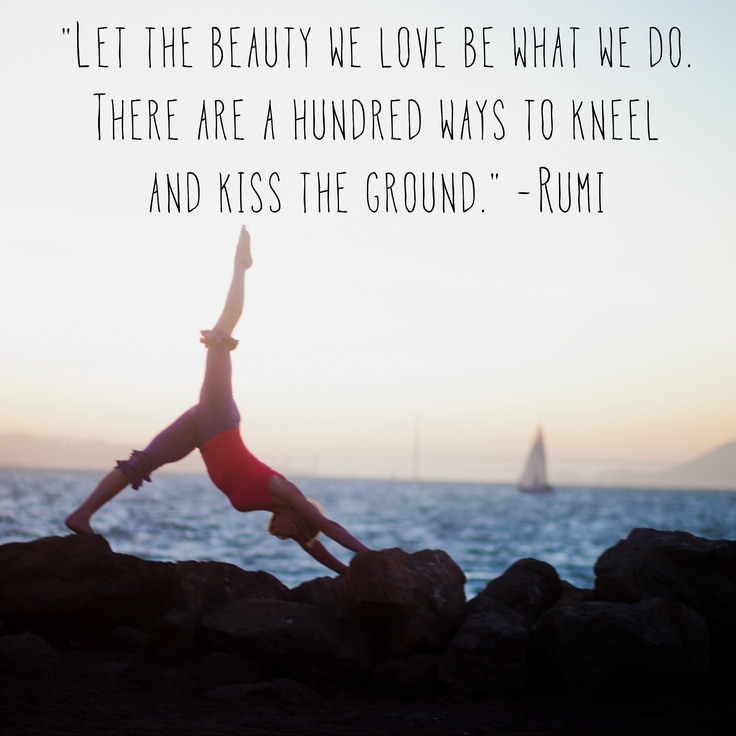I have been thinking about the upcoming holidays. The end of another year is quickly approaching and I am reminded of how fortunate I am to do what I love. Fulfillment is not a given in this world. My gratitude immediately brings a tempting question to mind: “If life is so short, then why do we spend so much time doing things we don’t love? And why aren’t we doing the things we do love? ”
As I thought about that question I noticed something I often notice when I’m coaching leaders who ask why questions. I realized the question itself wasn’t very productive. When you’re investigating a person’s choices, do you really want to ask why? As a leader, it may interest you to know that whenever you ask a question, all the brains in hearing distance will attempt to answer it. Brains are fantastic at answers. They can create answers most creatively and almost endlessly. Unfortunately, answering questions about why you did something hardly ever leads to behaviour change. Generally asking why only leads to creative and endless justifications.
If you want to change a behaviour look for emotion. It is the emotion that moves us to action. Why-questions, unless it’s important to understand the root-cause, will not generally get you where you want to go. Mostly they’re just a distraction. Do you really want to come up with endless reasons why you do things you don’t like and love things you don’t do? Do you want to invent more reasons and justifications for a behavior you don’t desire? I think not. So let’s not ask why!
I remind my clients often… “There is no “why” in awareness.” You see, awareness is all that’s needed to make a choice. So, if you have noticed you do things you don’t love to do and you love things you’re not getting around to I have two suggestions for you:
First, maybe it would be more useful to simply acknowledge what’s happening. Then you can turn your attention to asking. “What do I want to choose instead?” There’s a question! And co-incidentally never asking it is generally at why we get stuck in the first place.
Second, if you haven’t recently examined what you truly love or if you’ve never really asked, “What would it take to do more of that and less of this?” your brain won’t ever generate an answer that excites you. And without that emotional pull into action, you’ll keep on the habit wheel indefinitely. Maybe it’s time to ask, “What do I love?” and “What would it take?”
Here’s the trick about asking a really good question… you probably won’t know the answer. If you already knew the answer you’d already be doing it right? So, once you ask this question you may get some weird sensations about not having an answer. This is the energy of the unknown. You might want to call it anxiety and quit looking and quit asking. Don’t stop! All really exciting change is on the other side of the unknown! Heading back to the known and familiar just puts you back on the habit wheel. Same old – same old. Stay in the question. Keep asking. One of these days, and sooner than you think, an answer or an idea will pop and you’ll have something you didn’t before; A new direction… And a new direction is what’s required for leadership.
Now change is possible! Growth is possible! Welcome to more of you!
Tools you can use:
Unless you’re doing a root cause analysis remind yourself that “there is no “why” in awareness.” The problem with using the question why to address human behavior is that there is almost never a single changeable root cause. More often our behavior is based on a complicated soup of history, entrainment, context and habit. Rather than sort all that out, if that’s even possible, try looking at change as just a matter of choice. Then generate a compelling vision of what else is possible and then work around habitual blocks to new action.
Stay in the question. Often we ask a question and then, if we don’t know the answer, we feel like we’re missing something necessary or we feel incapable and we stop asking. Staying in the question, when we don’t know the answer actually tunes our attention to be more aware of ideas that respond to our question. Having the courage to ask “What do I really love?” and “What would it take to do more of that?” already puts you ahead of the curve. Most people never spend any time in those questions and consequently their context leads them. Once you start picking up answers to those questions you’ll be ready to lead your life, your work or your team.



